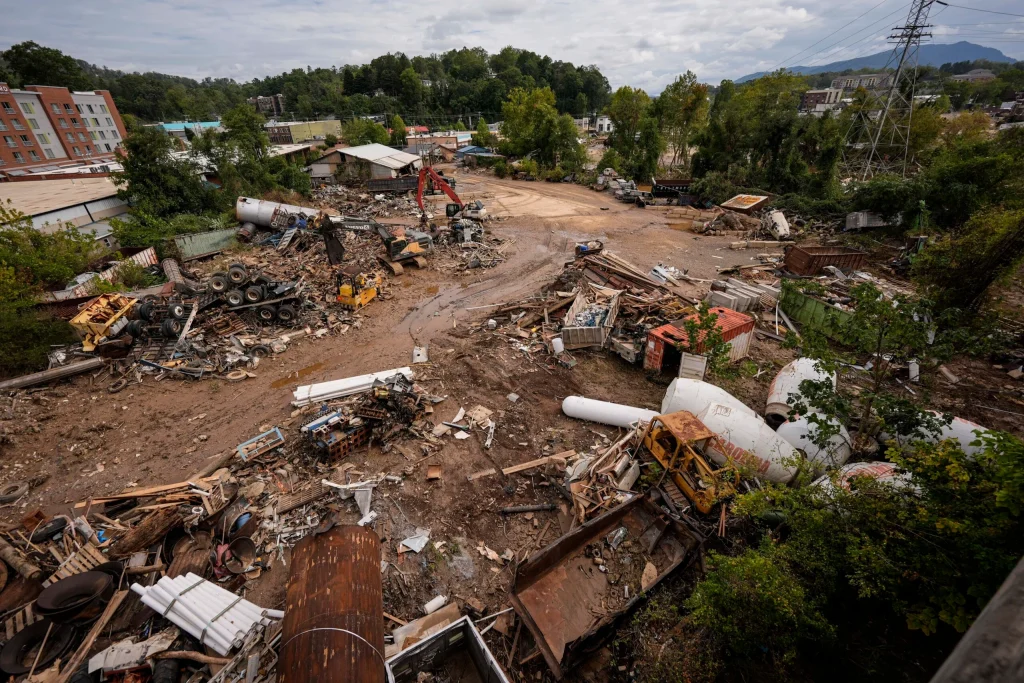The World Meteorological Organisation (WMO) has officially retired the names of the most devastating hurricanes of 2024 from future use, citing their destructive impact. The storms—Beryl, Helene, and Milton in the Atlantic, along with John in the eastern Pacific—will no longer be used to name future tropical cyclones, the UN agency announced on Wednesday.
In their place, Brianna, Holly, and Miguel have been added to the list of potential names for future Atlantic storms, while Jake has been introduced for the eastern Pacific. The WMO follows a naming system that assigns short, easily pronounceable names in alphabetical order, alternating between male and female names. A name is retired only if a storm is deemed exceptionally deadly or destructive.

Hurricane Beryl made history as the earliest Category 5 hurricane recorded in the Atlantic basin, wreaking havoc across the Caribbean. Hurricanes Helene and Milton caused widespread destruction in the United States, while Hurricane John led to deadly and prolonged flooding in Mexico’s Guerrero state.
Scientists warn that climate change is intensifying both the severity and frequency of such storms. Rising sea surface temperatures provide more energy for tropical cyclones, which include hurricanes, cyclones, and typhoons. The WMO has repeatedly highlighted that the proportion of the most powerful storms—Categories 4 and 5—is expected to increase globally as warming continues.
The 2024 Atlantic hurricane season marked the ninth consecutive year of above-average activity, with 18 named storms. Of these, five intensified into major hurricanes, reaching at least Category 3 on the Saffir-Simpson scale, with sustained winds of 178 km/h (111 mph) or more, according to the US National Oceanic and Atmospheric Administration.


